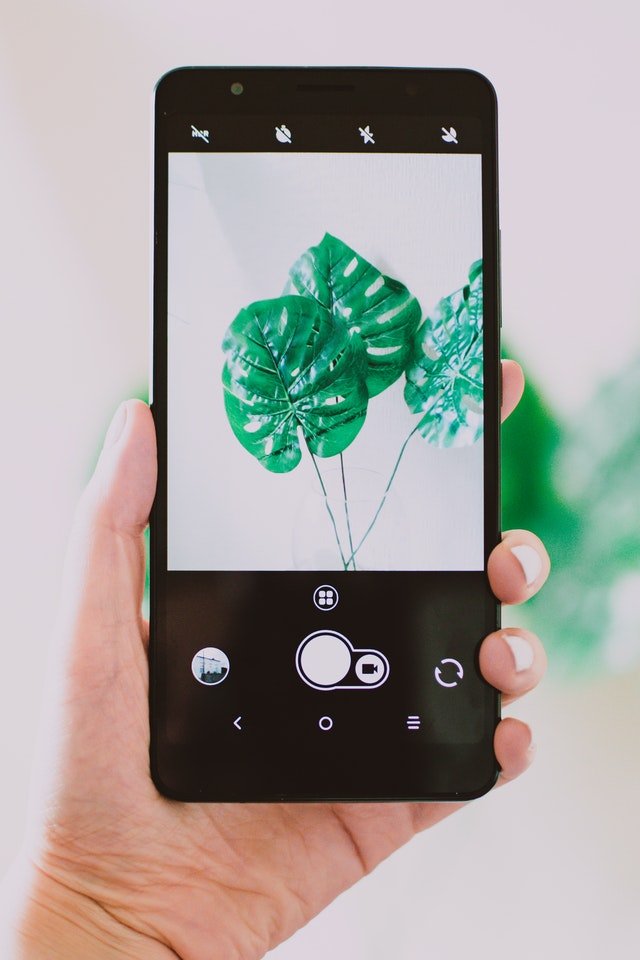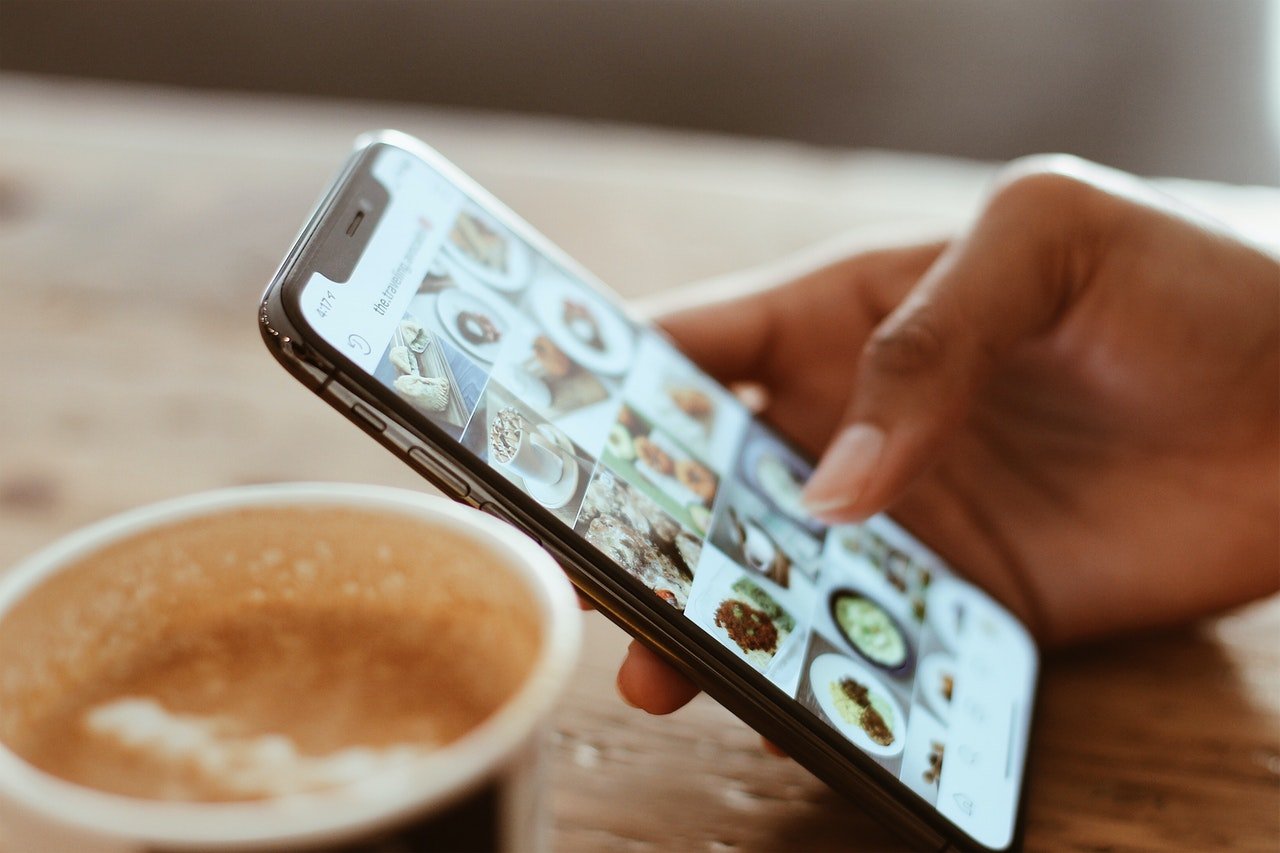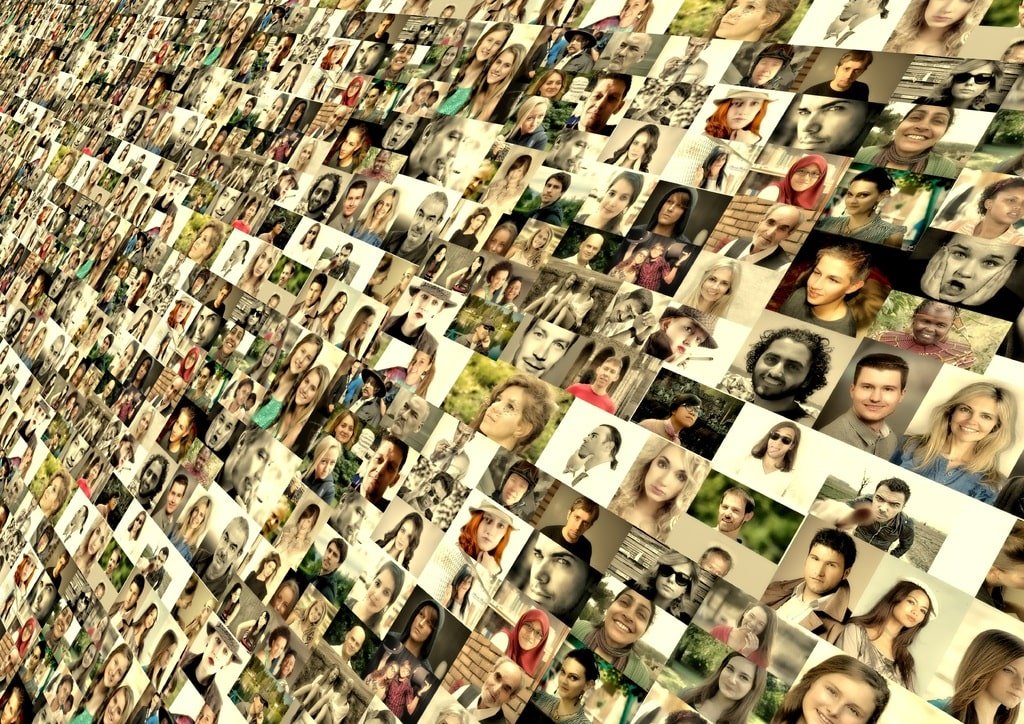In today’s digital age, social networks have become an integral part of our lives. We use them to connect with friends, family, and colleagues, share our thoughts and experiences, and stay informed about the world around us. However, as with anything, too much of a good thing can be detrimental to our well-being. The question is, how much time on social networks is considered healthy? In this post, we’ll explore the impact of social networks on our mental and physical health and provide guidelines on how to achieve a healthy balance.
I. The Impact of Social Networks on Mental Health
A. Positive effects:
Social networks have many positive effects on our mental health. They provide us with a sense of connection and community, which is especially important for people who may feel isolated or have difficulty meeting others in person. Social networks also offer a platform for self-expression and can help us build our self-esteem and confidence.
B. Negative effects:
However, excessive use of social networks can have negative effects on our mental health. Studies have shown that people who spend too much time on social networks are more likely to experience depression, anxiety, and feelings of loneliness. This may be due to the fact that people tend to compare their lives to the curated and often unrealistic portrayals of others on social media, leading to feelings of inadequacy and low self-esteem.
C. The role of social comparison:
Social comparison is a fundamental aspect of human nature, and social networks have made it easier than ever before. We compare our lives, our accomplishments, and our possessions to those of others, and this can lead to negative emotions such as envy, jealousy, and dissatisfaction. Research has shown that people who spend more time on social networks are more likely to engage in social comparison, which can have a negative impact on their mental health.
II. The Impact of Social Networks on Physical Health
A. Sleep deprivation:

Excessive use of social networks can also have negative effects on our physical health. Studies have shown that people who spend too much time on social networks are more likely to experience sleep deprivation. This is because social networks can be addictive, and people may find themselves scrolling through their feeds late into the night, leading to a lack of sleep. Sleep deprivation can have serious consequences for our physical health, including obesity, cardiovascular disease, and impaired cognitive function.
B. Sedentary behavior:
Another way that social networks can negatively impact our physical health is through sedentary behavior. Social networks are designed to be engaging, and people may spend hours sitting in front of a screen, scrolling through their feeds, liking and commenting on posts, and watching videos. Prolonged sitting has been linked to a range of health problems, including obesity, diabetes, and cardiovascular disease.
C. Exercise and physical activity:
On the other hand, social networks can also have a positive impact on our physical health. Many social networks have features that encourage physical activity and exercise. For example, Facebook has a feature that allows users to track their workouts and connect with friends who share similar fitness goals. Instagram is also filled with fitness influencers who share their workout routines and healthy lifestyle tips. Social networks can be a great tool for motivating and tracking physical activity, which is essential for good physical health.
III. How Much Time on Social Networks is Considered Healthy?

A. There is no one-size-fits-all answer:
The amount of time spent on social networks that is considered healthy varies from person to person. Some people may be able to use social networks for extended periods without experiencing negative effects, while others may find that even a few minutes on social media leaves them feeling drained and anxious.
B. The 30-minute rule:
However, research suggests that limiting social media use to 30 minutes per day may be a good starting point. A study published in the Journal of Social and Clinical Psychology found that limiting social media use to 30 minutes per day can lead to significant improvements in well-being over three weeks.
C. The importance of boundaries:
It’s also important to set boundaries around social media
continue
use. For example, you may decide not to use social media during meals, or not to check your phone for social media notifications before bed.
D. The 5-minute rule:
Another strategy is to use the 5-minute rule, which involves taking a 5-minute break from social media every hour. This can help you reduce your overall social media use and give you time to relax and disconnect.
E. Use website blockers:
Website blockers are tools that block access to certain websites, such as social media platforms, during certain times of the day. You can use these tools to block social media sites during times when you want to focus on work or other activities.
F. Use apps that track and limit social media use:
There are many apps available that track and limit social media use. These apps can help you monitor how much time you spend on social media and set limits for yourself. Some popular apps include Freedom, SelfControl, and Moment.
G. Take a digital detox:
A digital detox involves disconnecting from all digital devices, including social media, for a set period of time. This can be a great way to reset your relationship with social media and gain a fresh perspective.
By implementing these strategies, you can take control of your social media use and ensure that it is not negatively impacting your mental health. Remember, it’s important to find a balance that works for you and to be mindful of how you are using social media. With a little effort, you can use social media in a way that is healthy and beneficial for you.


